Ever since Page Wooller announced they would be releasing the next book in the Emily Corn series at Providence QTZ Fest I have been excited to discuss with them how this journey started.
In a world oversaturated with superhero sagas and dystopian dramas, Page Wooller and Ali Vermeeren’s graphic novel, “Emily Corn“, emerges as a refreshing comet in the vast universe of graphic literature.
The Uncharted Journey of Emily Corn
At the heart of this tale is Emily, a character shrouded in mystery and isolation. Raised in seclusion, Emily’s journey is not just about discovering the world but also about self-discovery and breaking free from the confines of a shielded life. The revelation of a secret propels the story into a high-stakes adventure where Emily’s acceptance of her identity becomes crucial for the survival of Earth itself.
A Rich Tapestry of Art and Storytelling
Vermeeren’s artwork is a visual feast, a blend of shadow and light that perfectly encapsulates the dual themes of darkness and enlightenment prevalent in the story. The black and white palette underscores the eternal struggle between good and evil, making each panel a piece of art worth pondering over.
Accessibility: A Small Hurdle in the Digital Age
For those opting for the e-book format, be prepared for a bit of zooming in and out. The small text can be a strain on the eyes when read on a smartphone. However, this minor inconvenience does not detract from the overall experience, especially given the engaging narrative and striking visuals.
Conclusion: A Must-Read for Graphic Novel Enthusiasts and Beyond
“Emily Corn” is not just a graphic novel; it’s a journey of magic, identity, and the complexities of growing up. It’s a testament to the power of storytelling and how it shapes our understanding of ourselves and others. While there are areas where the narrative could have been more nuanced in its representation, the novel remains a significant contribution to the genre.
To those who have yet to delve into the world of graphic novels, let “Emily Corn” be your gateway. To the seasoned aficionados, add this to your collection and revel in the magic that Wooller and Vermeeren have so vividly brought to life.
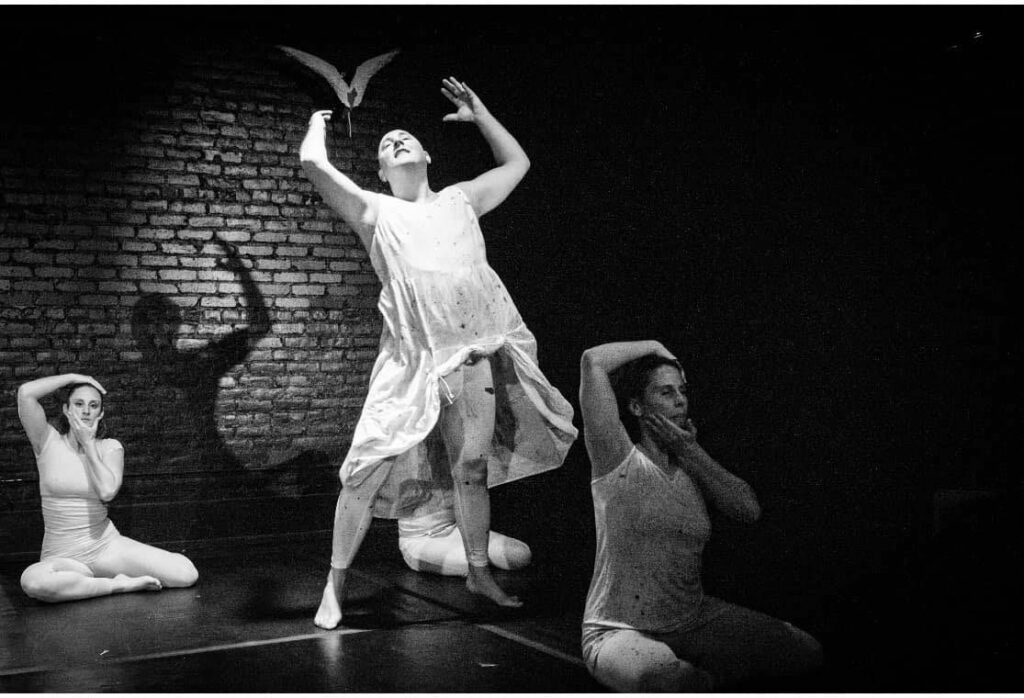
For those who haven’t met Page, they are somewhat of a modern Renaissance person. A writer, dancer, painter, farmer and activist, musician, and previously wrote text books. Page is … an experience.
And Now on to the interview!!!!!
Damon: Have you had a big presence at Conventions (ie. Flame Con.)? Either way, how has it been interacting with your fans, whether in person or online?
Page: Due to our release date being in early 2020 during COVID, being a big presence at conventions was not a possibility for us. We instead contacted stores, a radio station in Australia and a few reviewers who wrote about the comic. Most contact with fans happened through Facebook, one person messaged about the excitement they had in getting a non binary comic book for their child who identified as being non binary, they said it would be a welcome distraction from all that was going on with COVID. Just reaching even one child and giving them hope that there are non binary characters in comics made me feel like I had a purpose.
Damon: How does your personal identity and experiences as an LGBT individual influence your creative process and the stories you choose to tell?
Page: My stories I draw heavily from my own experiences and identity as a non binary/ gender fluid human. There are times when I have felt totally alone with my feelings. This is another reason I felt like a story like this needed to be written, in order to reach those who have felt as alone as I have during my process of finding my identity. On one hand I don’t feel welcomed into the gay world and on the other hand I don’t feel welcomed into the straight world, so I’ve learnt to start creating my world, through stories.
Damon: Can you walk us through your typical creative process? How do you develop ideas, create characters, and bring your stories to life on the page?
Page: Mmm, my process is pretty complex, I start with a general frame work and then begin to gather scattered pieces of ideas from my head, small detailed experiences and creative ideas that I feel would fit into the plot of the story. At this time I’m never quite sure as to when these glimpses into my mind will occur, so I carry a note book and pen everywhere I go, scribbling down the ideas as fully as I can. Next I randomly transfer these scribblings onto the computer, in no particular order. The process then continues into ordering the sequences of the story into a streamline tail that runs smoothly from beginning to the end. This is then read and re read, edited and re edited until its clean and then I transfer it chunk by chunk into a graphic novel script for the illustrator to then work from, which gives a detail description of what occurs on each page, how many panels per page, characters in each panel and what’s being said by whom and so on.
Damon: Are there any specific comic book artists or writers who have influenced your style or storytelling approach? How have they inspired you?
Page: So many influences, Neil Gaiman, Terry Pratchett, Marion Zimmer Bradly, Ann Rice, and Edgar Allen Poe to name a few. The main way these artists have inspired me is by the way they touch my visual thinking. I have dyslexia and one gift it gives me is the ability to see in images rather than words. Dimensions and form grow from words. All these artists have fueled this skill.
Damon: How do you envision your work impacting readers, particularly those who identify as LGBTQ+? What messages or emotions do you hope to convey through your stories?
Page: I hope to paint a clear depiction of how aspects of my own psyche have formed over the years as a child with an extreme imagination and a flare for the extravagant. I have never stopped learning and growing as we live in a world of adult absolutes. I love changing and finding out new things and this child like enthusiasm to uncover new things, like the ability to write while also having dyslexia which I only discovered in my fourties’ should never leave us. I hope the readers gain a reconnection to that inner child before the worlds rules of rational thinking took over and sensible choices were made over fun and adventurous ones.
Damon: Who is your favorite Federation Captain, and why?
Page: Ooo, I love this question, what a great one to finish on. I would have to say Janeway. I like powerful intelligent women who are in charge as role models that challenge male dominated characters. When I grew up there were very few gay role models in fictional stories and on the tv, so, I turned to women as my main arena of selected models. Women that stood against the overpowering male dominant stigma. Women who weren’t afraid to feel emotions and express them in the face of being opposed by with anger, violence and manipulation. It gives me goose pimples just thinking about it.
Good choice page …. good choice.

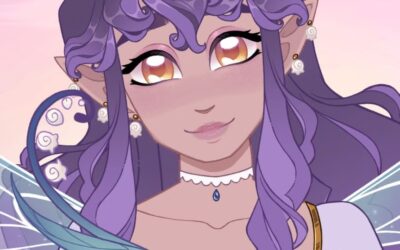
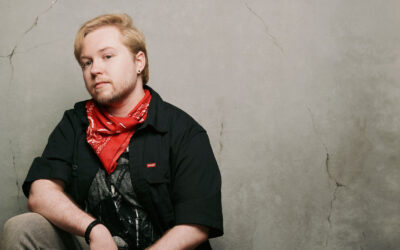
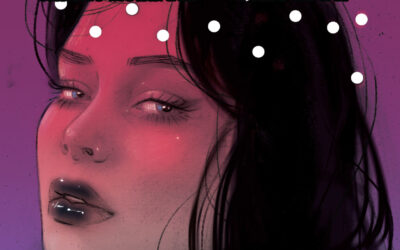
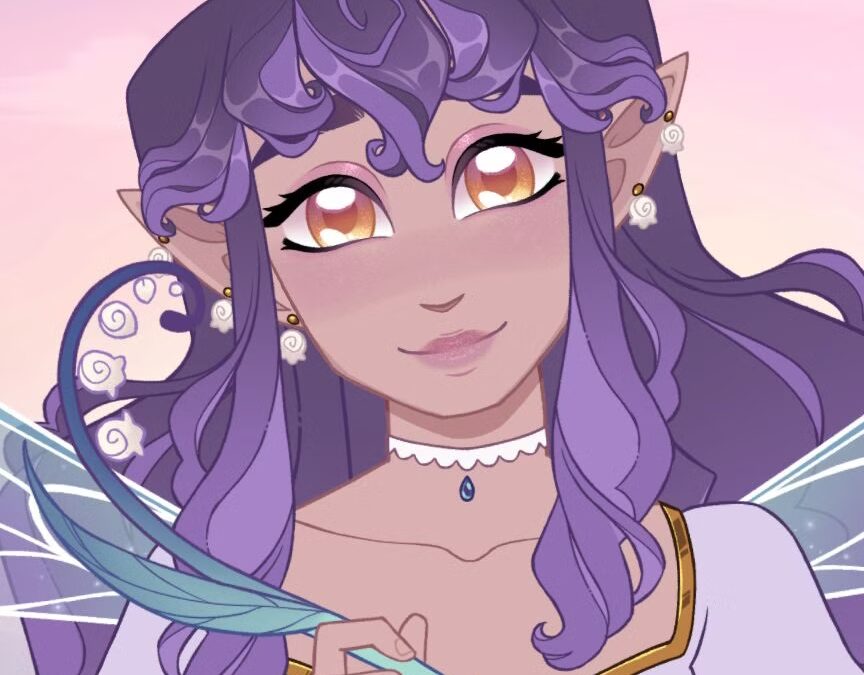
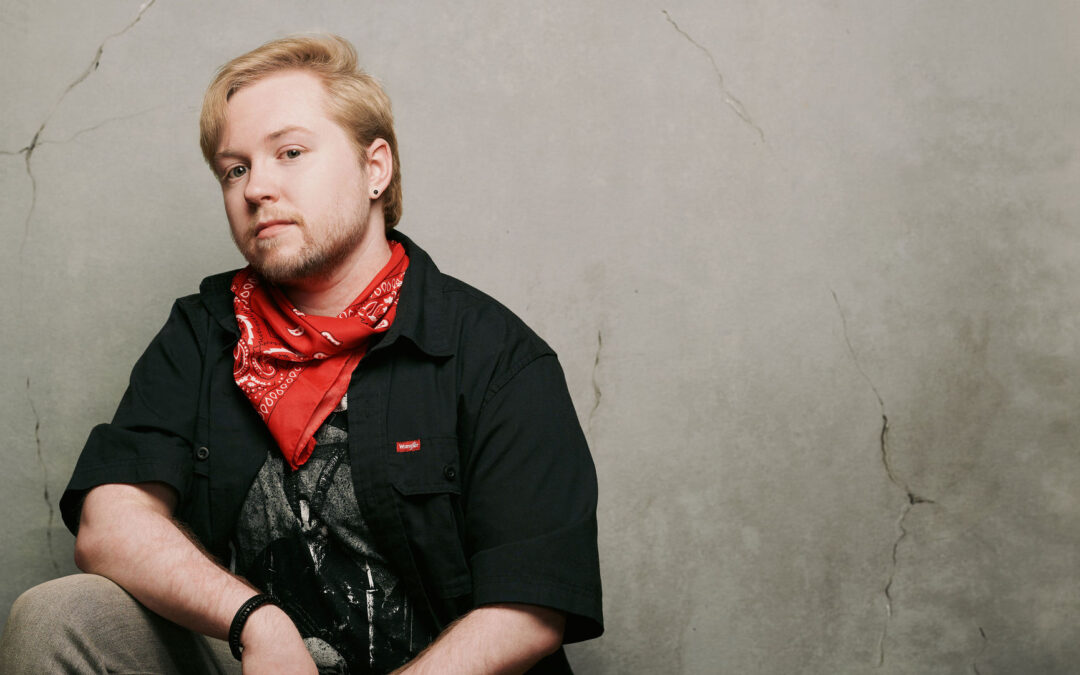
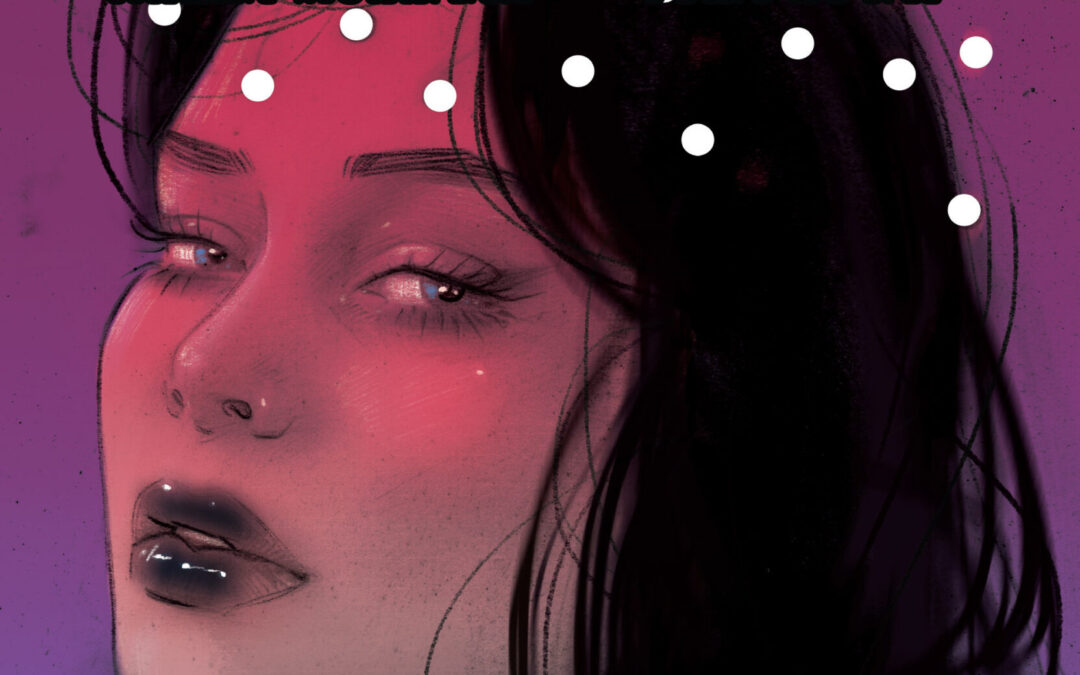
0 Comments